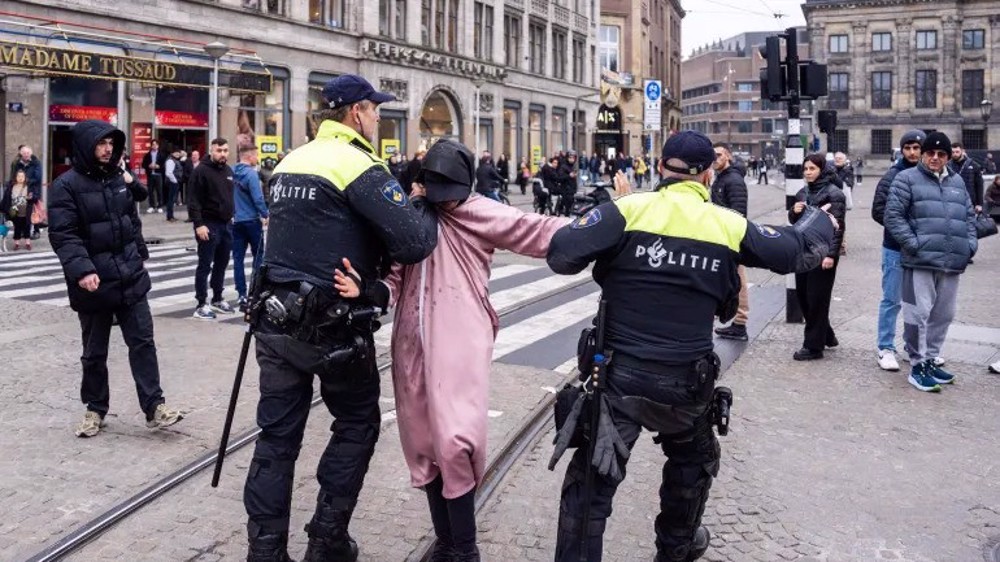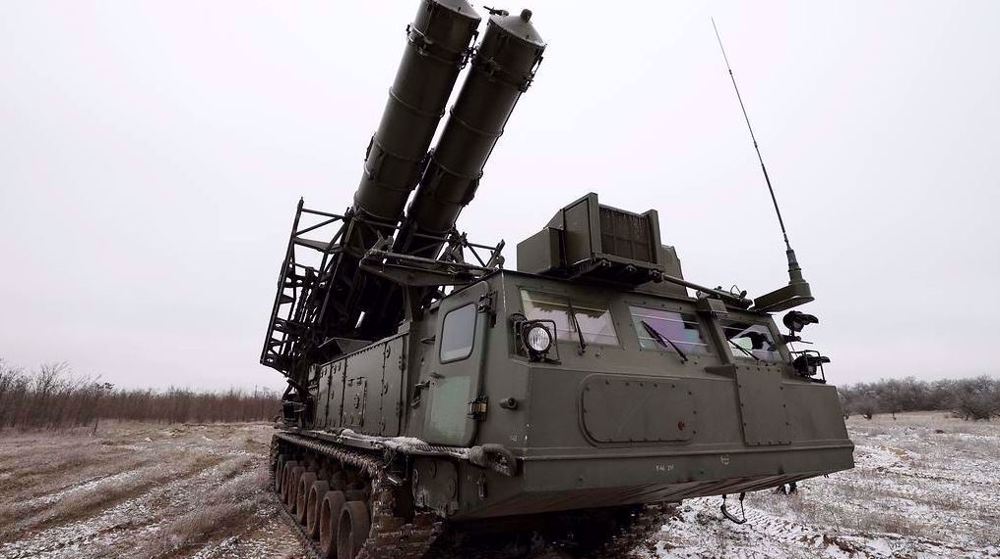Activists warn of dire conditions of refugees in Serbia
A large number of refugees headed to the European Union are stranded in Serbia facing dire conditions as the winter cold sets in across Europe.
Refugees are setting up tents on the streets, abandoned warehouses and makeshift camps as shelters in the Balkan country are full, according to rights activists.
At least 7,000 refugees, mainly from Syria, Afghanistan and Iraq are trapped in Serbia waiting to cross the border to Hungary and wealthy EU countries.
Many of these asylum seekers spent months in the country, which is financially and culturally unprepared to take care of refugees and where few refugees, themselves, care to stay.
Despite the official closure of the so-called Balkan route from Turkey to the EU, an estimated 100 or more new refugees are entering Serbia every day, according to aid agencies.
The agencies say only about 20 refugees are allowed daily to enter neighboring Hungary, which is in Europe's Schengen visa-free area.

"According to our knowledge, there is around, up to 100 arrivals per day. We're meeting and supporting 30-50 new people per day in Belgrade and Presevo and almost half of this number are children," Tanja Ristic, an activist at Save the Children told media at an overcrowded Belgrade center, where the international NGO encourages children to take part in activities to help them come to terms with their trauma.
"And from this number, from the number of children that we support and meet, at least every tenth child is actually a child traveling alone," she added.
Serbian authorities, who have requested more help from the EU, have promised to provide 6,000 beds to accommodate the refugees stranded in the country.
An estimated 2,200 refugees are living in abandoned railway warehouses, lacking basic facilities, where they wait for months for a lucky break.
Many of those registered by officials and placed in shelters in makeshift camps also wait for months to have their number called up for legal passage to the EU.
"We came to Serbia and registered our names at the camp, expecting to be able to leave legally. When we got to the border we found that there was no electricity, no water, it is very cold, the children are freezing, there's no food, we have to buy things from the supermarket but we are running out of money, we've been here for seven months." Faruq, from Libya, said to media at the border crossing.
The intolerable and seemingly endless waiting in tough conditions has forced many hapless refugees to seek help from human smugglers.
This week, authorities found 77 refugees hidden in two cargo vehicles by traffickers.
In a separate incident, three refugees, including a child died, when the car smuggling them along a highway crashed in southern Serbia.
Europe is facing an unprecedented influx of refugees, most of whom are fleeing conflict-ridden zones in Africa and the Middle East, particularly Syria. The conflicts they are fleeing are usually instigated by the very European and non-European countries they seek to finally settle in.
What collapse of German coalition government means
Iran, Syria emphasize need to stop Israeli atrocities in Gaza, Lebanon
Clinton whisked away amid pro-Palestine protest at Belgast university
I write for Iman and Ghazal, martyrs with name and face, not cold numbers
VIDEO | Islamic Revolution Leader’s memoirs book in Italian unveiled in Rome
VIDEO | Syria-Iran alliance strengthens as Larijani arrives in Damascus for key talks
Israeli fans clash with French supporters at Paris football match
Ben & Jerry’s sues parent company Unilever over Gaza advocacy muzzle









 This makes it easy to access the Press TV website
This makes it easy to access the Press TV website